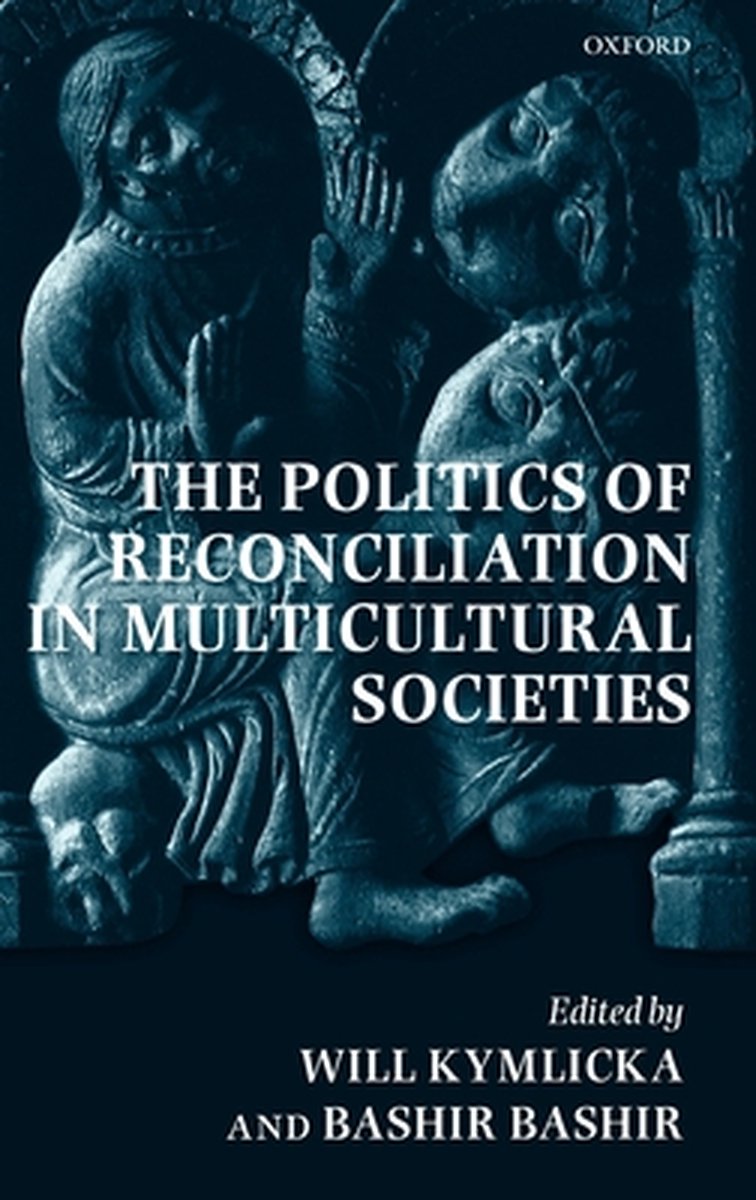The Politics of Reconciliation in Multicultural Societies
Maak tweedehands je eerste keus
- Alle boeken zijn met de hand gecontroleerd
- 30 dagen retourgarantie
- Gratis verzending vanaf 4 boeken of 40 euro
- Op werkdagen voor 15:00 besteld, dezelfde dag verzonden
Sorry, niet op voorraad
ISBN
9780199233809
Bindwijze
Hardcover
Taal
Engels
Uitgeverij
Oxford University Press
Jaar van uitgifte
2008
Aantal pagina’s
258
Waar gaat het over?
Lees verder
Recensies
Eenvoudig en veilig inloggen

